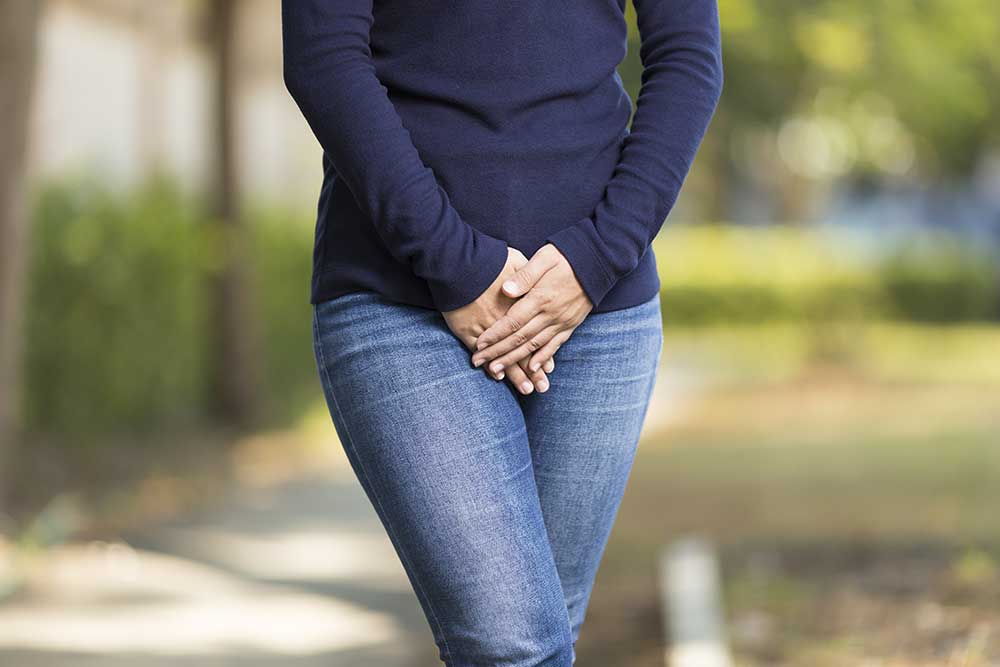What Questions Should I Ask My Doctor About Fibroids?
If your gynecologist has told you that you have uterine fibroids, it’s likely that you’ve got a million questions but don’t know exactly where to start. While there are many treatment options for fibroids, the condition should be taken seriously because fibroids can impact your personal life, work life, fertility, appearance and mood. In addition to these effects of fibroids, you may also be living with menstrual pain, heavy menstrual bleeding, bleeding between periods, lower back pain, frequent urination and abdominal bloating – symptoms that have you feeling less than your best self. The first step in treating your fibroids is getting answers that help you fully understand the condition.
- What caused my fibroids?
- Your doctor probably won’t be able to tell you exactly what caused your fibroids, but he or she can tell you if you fall into certain risk categories for developing fibroids. For example, we know that African American women, obese women and women with Vitamin D deficiencies are more at risk for developing fibroids. Hormonal and genetic factors also affect fibroid growth.
- How big are my fibroids?
- Because fibroids are on the tissue of the uterus, your uterus will be enlarged to a certain size depending on the size of the mass. (This is why you may look bloated or even look pregnant.) Your doctor may tell you how enlarged the fibroid has made your uterus by making some comparisons like “your uterus is the size of a 12 week pregnant uterus” or “your uterus is the size of a plum.”
- Will my fibroids keep growing?
- Fibroid growth is encouraged by female hormones, particularly the hormone estrogen. Estrogen helps regulate your cycle and fertility and as long as your body is producing estrogen, your fibroids may grow. Most women with fibroids experience a lessening of symptoms after menopause – the time during which the female body begins producing less estrogen. Hysterectomy causes what we call “surgical menopause” which means that the body produces less estrogen when the uterus is removed.
- Fat cells also encourage the growth of estrogen. Because of this, many women find they are able to reduce their fibroid symptoms by following a low fat fibroid reduction diet. A fibroid diet consists of lots of fresh veggies and whole grains. Frequent exercise and activity can also reduce fibroid symptoms by working against those fat cells, getting your blood flowing and just generally improving feelings of well-being.
You probably have a lot more questions about fibroids. If your doctor isn’t able to answer your questions to a level you feel comfortable with, it may be time to seek a second opinion. You deserve the best care for your fibroid symptoms.
Content Sponsored by: MIRI Women – The Minimally Invasive Reproductive Surgery Institute (MIRI) brings together highly skilled, board-certified specialists who are focused on women’s health. Our team of professionals is trained in advanced gynecology, specifically hysterectomy surgery. Philosophically, our partner physicians take a “less is more” approach to health care, by first treating patients with the most conservative therapies. MIRI focuses on physical healing, while emphasizing that a patient’s emotional well-being is just as important.







